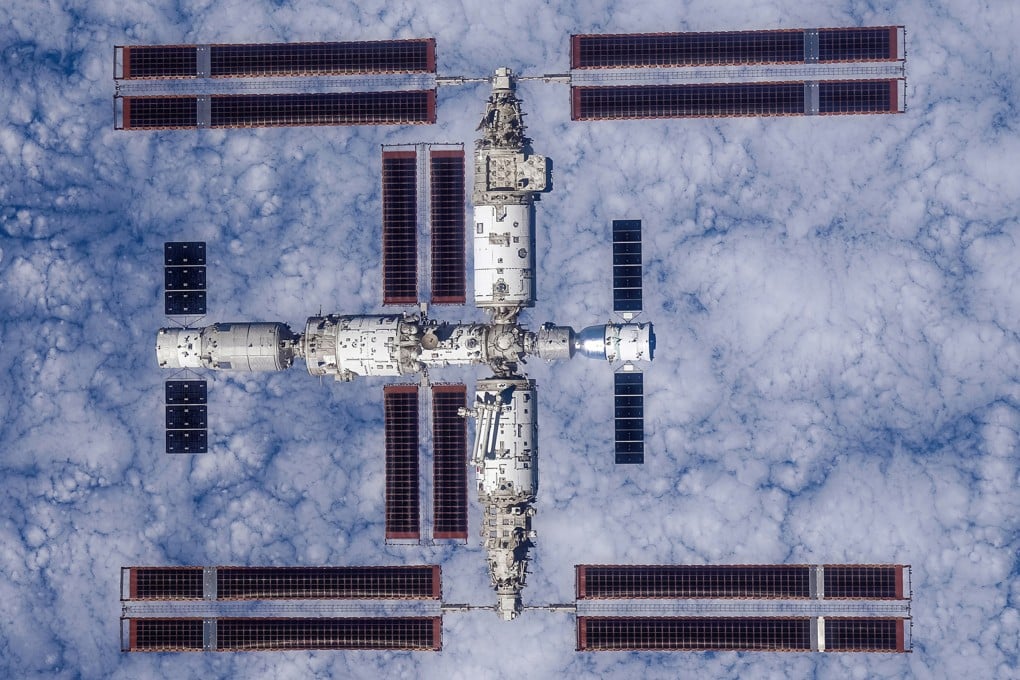Advertisement
China makes first industrial-grade niobium alloy for hypersonic flight
An experiment conducted in space has helped Chinese scientists do the impossible – and it could revolutionise aerospace technology
Reading Time:3 minutes
Why you can trust SCMP
21

Stephen Chenin Beijing
For more than three years in the Tiangong space station, astronauts have been conducting a seemingly mundane experiment.
It involves striking alloy particles that are suspended in a vacuum chamber with a laser and then recording the subtle changes that occur as the particles cool.
The experiment has been going for so long that the equipment and samples have been replaced three times. But it has been worth it.
Advertisement
Using data from the astronauts’ work, scientists back on Earth have now managed, for the first time, to produce niobium-silicon alloy that meets the stringent requirements of industrial applications.
This development could potentially revolutionise aerospace technology. Turbofan engine blades made from niobium-silicon alloy, for instance, can withstand temperatures exceeding 1,700 degrees Celsius (3,092 degrees Fahrenheit).
Advertisement
Lighter than the nickel or titanium alloys that are commonly used today, and with three times the compressive strength at high temperatures, engines made of such a material would be able to reach speeds and operational efficiency that are impossible with existing technology.
Advertisement
Select Voice
Select Speed
1.00x